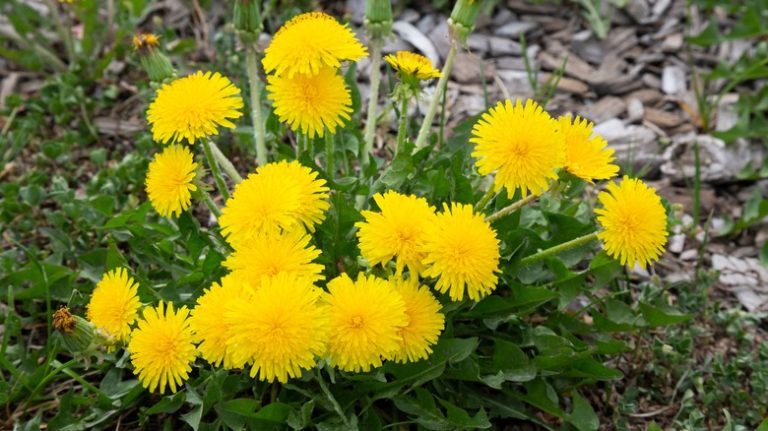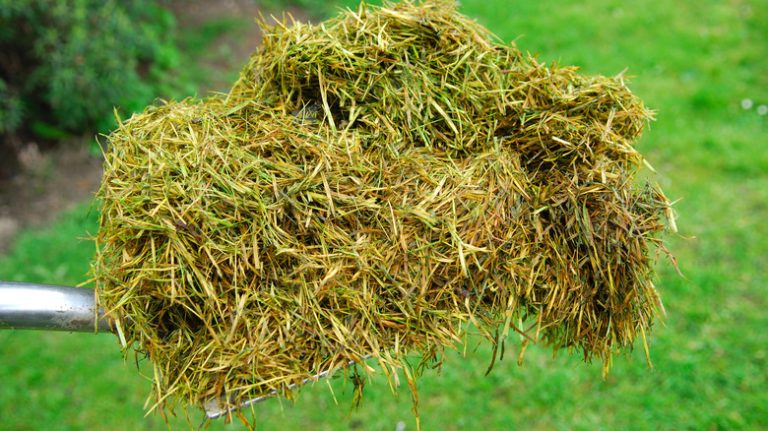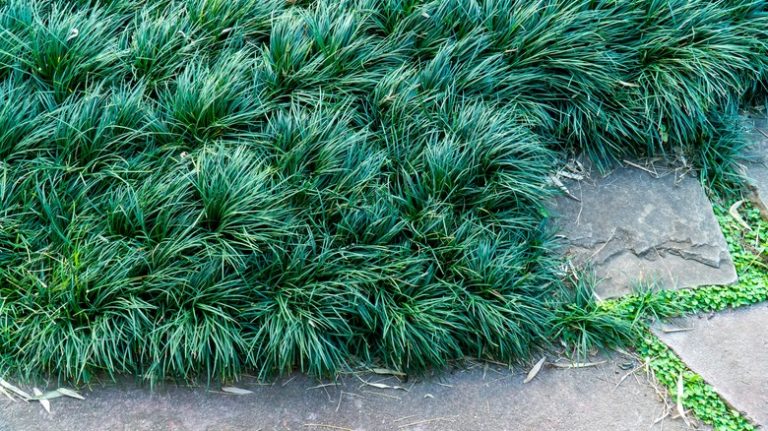You might feel anxious if you see ants in your yard. After all, your garden is an ecosystem that you have painstakingly cultivated with a lot of love, time, and effort. Of course, you don’t want these little invaders to cause damage, especially if they belong to a species that is known to destroy plants. Though equally upsetting is the idea of saturating your landscape with harsh pesticides. Isn’t that fine balance challenging? The consoling element is that you’re not by yourself in this situation. Furthermore, you’re surrounded by an array of natural solutions to keep ants away. You can choose the less well-known diatomaceous earth. Specially crafted, environmentally friendly commercial pesticides are also available on the market that have been designed specifically to ensure your lawn’s health.
In this comprehensive guide, we’ll shed light on what to look for when selecting these products and explain how to apply them for the best results. But that’s not all. There are also alternative biological controls, such as leveraging microscopic creatures or beneficial insects, also known as biological ant nematodes. These insects, which are natural predators of ants, can turn the tide in your favor, offering a more holistic and sustainable approach to dealing with your ant predicament. This ensures the protection of your garden’s ecological balance, while simultaneously keeping your lawn thriving and healthy.
Locating the nest and eco friendly practices
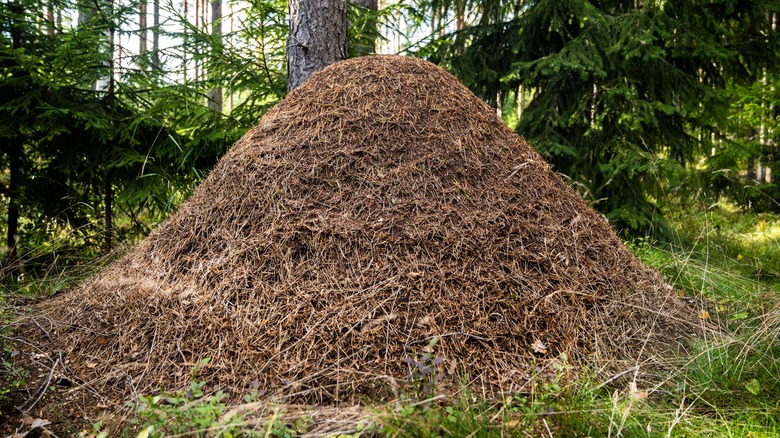
Firstly, it’s essential to understand that not all ants are problematic for your lawn. In fact, many species contribute positively to the ecosystem, helping with aerating the soil and distributing nutrients. However, certain species can cause harm – like field ants, farming ants, and army ants — because their large mounds can damage the grass. Therefore, your first step should be to correctly identify the type of ant you’re dealing with. You can do this by observing their physical characteristics, behavior, and the shape and size of the mound. If you’re unsure, consulting with a professional can be beneficial.
An eco-friendly approach is often the best way to remove ants without harming your lawn. Many natural substances can effectively disrupt ant colonies and encourage them to relocate, without causing damage to your grass. One common natural method is using diatomaceous earth. Diatomaceous earth (DE) is a natural substance made from tiny organisms called diatoms. Their skeletons are incredibly sharp at the microscopic level and act as an effective deterrent to ants. When ants come into contact with DE, they dehydrate and die. You can effectively eradicate the ant population by sprinkling DE around ant nests or areas of ant activity in your lawn. It’s non-toxic to humans and pets, and it doesn’t harm beneficial insects like bees and butterflies, making it an excellent choice for organic pest control.
Holistic and commercial solutions
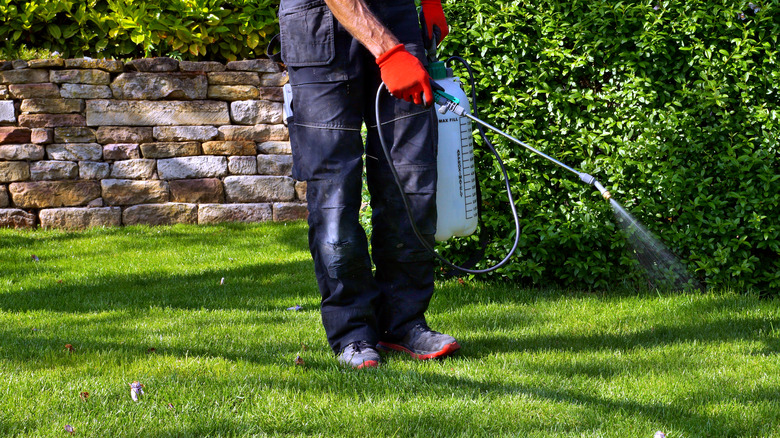
Biological ant nematodes, also known as entomopathogenic nematodes, are microscopic roundworms that can be used as a natural, environmentally-friendly method to control ants in your lawn. They work by entering the ant’s body, and once inside, they release a type of bacteria that kills the ant within 24 to 48 hours. The nematodes then reproduce within the deceased ant, creating more nematodes that exit in search of other ants, thereby perpetuating the cycle. When applied properly, this method can provide an effective, non-toxic solution for ridding your lawn of damaging ants.
If natural methods aren’t sufficient, commercially available ant baits and insecticides can be used safely without causing significant harm to your grass. Ant baits contain a food source mixed with a slow-acting insecticide that worker ants carry back to the colony, effectively poisoning it over time. When using any commercial product, reading and following all label directions is critical. Overuse or incorrect use of these products can harm your grass and other beneficial insects. Choose products specifically designed for lawn use, and if possible, opt for those labeled as low in toxicity.

